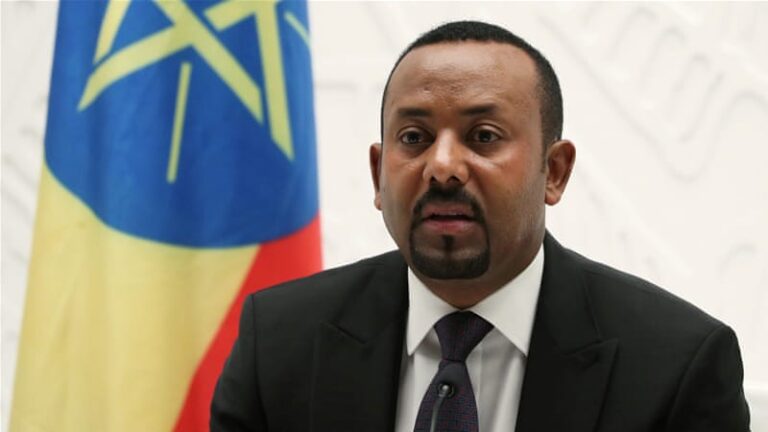Only a global victory can end this pandemic, not a temporary rich countries’ win
By Abiy Ahmed
There is a major flaw in the strategy to deal with the coronavirus pandemic. Advanced economies are unveiling unprecedented economic stimulus packages. African countries, by contrast, lack the wherewithal to make similarly meaningful interventions. Yet if the virus is not defeated in Africa, it will only bounce back to the rest of the world. That is why the current strategy of unco-ordinated country-specific measures, while understandable, is myopic, unsustainable and potentially counter-productive. A virus that ignores borders cannot be tackled successfully like this. We can defeat this invisible and vicious adversary – but only with global leadership. Without that, Africa may suffer the worst, yet it will not be the last. We are all in this together, and we must work together to the end. Fragile and vulnerable at the best of times, African economies are staring at an abyss. Let me illustrate this with the situation in my own country. Ethiopia has made steady progress in the provision of health services over the past two decades. But nothing has prepared us for threats posed by Covid-19. Access to basic health services remains the exception rather than the norm. Even taking such common-sense precautions as washing hands is often an unaffordable luxury to the half of the population who lack access to clean water. Even seemingly costless social distancing is hard to implement. Our lifestyle is deeply communal, with extended families traditionally sharing the burdens and bounties of life together, eating meals from the same plate. Our traditional and rain-dependent agriculture is dictated by the fixed timeframes of weather cycles in which planting, weeding and harvesting must happen. The slightest disruption to that chain, even for a brief period, can spell disaster, further jeopardising already tenuous food supply and food security. Take Ethiopian Airlines, the country’s largest company, which accounts for 3 per cent of national output and is a major source of hard currency. It will be pushed to the brink as its business is upended by the pandemic. Shortage of hard currency will then make it all but impossible to source essential medical supplies and equipment from abroad. The cost of servicing our debts is already often more than our annual health budgets. The list continues. This grim reality is not unique to Ethiopia. It is shared by most African countries. But if they do not take appropriate measures to tackle the pandemic, no country in the world is safe. Momentary victory by a rich country in controlling the virus at a national level, coupled with travel bans and border closures, may give a semblance of accomplishment. But we all know this is a stopgap. Only global victory can bring this pandemic to an end. Covid-19 teaches us that we are all global citizens connected by a single virus that recognises none of our natural or man-made diversity: not the colour of our skin, nor our passports, or the gods we worship. For the virus, what matters is the fact of our common humanity.
That is why the strategy to tackle the human and economic cost of this global scourge must be global in design and application. Health is a worldwide public good. It requires global action guided by a sense of global solidarity. But Covid-19 has also exposed our dark underbelly. The world community desperately needs global-level leadership to tackle swiftly pandemics such as this, and in a way that is institutionalised rather than ad hoc. A good place to start is with the World Health Organization. As countries with the necessary resources focus on fighting the pandemic through their national institutions, the WHO must be empowered and resourced sufficiently to co-ordinate responses globally and directly to assist governments in developing countries. In the meantime, the G20 must provide collective leadership for a co-ordinated global response. There is no time to waste: millions of lives are at risk. Building on what has been announced by international financial institutions, the G20 must launch a global fund to prevent the collapse of health systems in Africa. The institutions need to establish a facility to provide budgetary support to African countries. The issue of resolving Africa’s debt burden also needs to be put back on the table as a matter of urgency. Finally, all of Africa’s development partners must ensure that their development aid budgets remain ringfenced and are not diverted to domestic priorities. This is where true humanity and solidarity must be demonstrated. If such aid were ever necessary in Africa, it is now more than ever before.
The writer is prime minister of Ethiopia and the 2019 Nobel Peace prize laureate (Financial Times)





